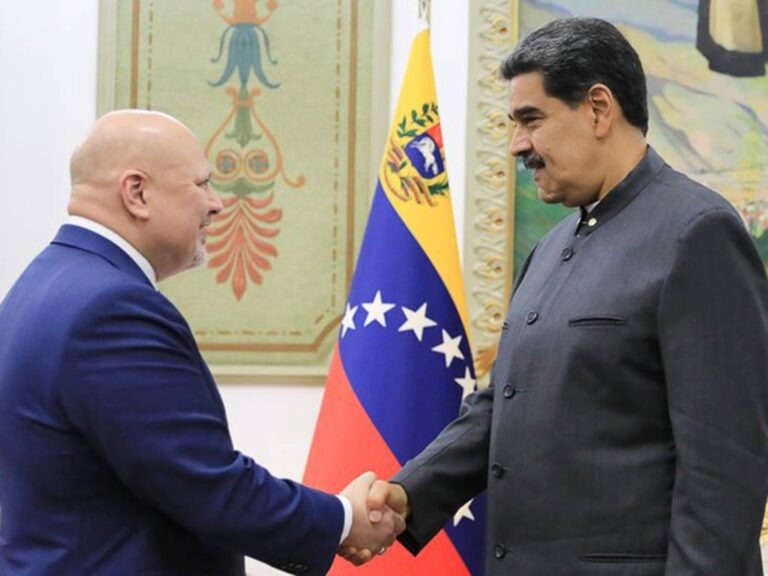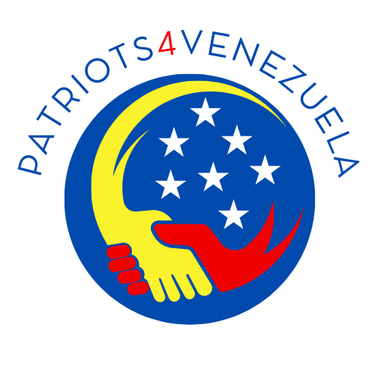The ICC: From High Hopes to High Hypocrisy
The International Criminal Court (ICC), once hailed as the world's justice champion, has fallen spectacularly, convicting only 10 Africans in two decades, while letting notorious figures like Nicolás Maduro off the hook. With blatant double standards—rushing to target Netanyahu but ignoring Maduro’s atrocities—it’s more a political tool than a fair court.
Ignacio De Leon
1/24/20253 min read


When the International Criminal Court (ICC) was established in 2002, many heralded it as the ultimate instrument of justice—a bold, neutral tribunal tasked with holding international criminals accountable. Its mission seemed noble: to institutionalize the legacy of the Nuremberg and Tokyo trials by prosecuting the architects of atrocities worldwide. Yet, over two decades later, the ICC’s actual record tells a far less inspiring story.
With only 10 convictions to date, all of them African nationals, the ICC appears to be anything but the impartial guardian of global justice it was meant to be. Instead, it has become a tool for political grandstanding, conveniently pursuing cases that align with the ideological narratives of the global elite while ignoring or dragging its feet on glaring examples of injustice elsewhere.
A Tale of Two Cases
Contrast, for instance, the ICC’s rapid issuance of a warrant against Israeli Prime Minister Benjamin Netanyahu—a case full of political overtones—with its lethargic handling of Venezuelan dictator Nicolás Maduro. Since 2015, Maduro has presided over a regime marked by torture, extrajudicial killings, and the mass displacement of over seven million people. These crimes meet every standard for action under the Rome Statute, yet the ICC remains silent.
This double standard becomes even more alarming when you consider the ethical conflicts surrounding ICC Chief Prosecutor Karim Khan. His familial ties to Venkateswari Alagendra—legal counsel for Maduro’s defense—create an undeniable conflict of interest. A complaint submitted to the ICC highlights that Khan’s failure to recuse himself from cases involving Maduro undermines the court’s impartiality and raises questions about its integrity.
Trump’s Sanctions: A Necessary Reality Check
Former U.S. President Donald Trump’s decision to impose sanctions on ICC officials in 2020 was met with predictable outrage from the international community. But let’s be clear: these so-called “sanctions” were a necessary wake-up call for a court that had increasingly overstepped its bounds. The ICC had launched investigations targeting U.S. military personnel and allies in Afghanistan, ignoring the principles of state sovereignty in favor of ideological crusades.
Critics may call these sanctions “Trumpian antics,” but they served an important purpose—highlighting the court’s hypocrisy. Trump understood that the ICC had strayed from its mission and was no longer serving the interests of justice but rather those of political opportunism.
Why Maduro Walks Free
Maduro’s immunity from ICC action isn’t just a failure of justice; it’s an indictment of the ICC’s entire structure. The evidence against Maduro is overwhelming: reports from the UN and independent human rights organizations have documented crimes against humanity committed under his watch. Yet, despite this, the ICC has not issued so much as a warrant. In fact, judging their faces (see photo above), it seems that the ICC Chief Prosecutor Karim Khan and the criminal Nicolás Maduro actually had a great buddy time during their meeting in 2023 in Caracas. Nothing like turning crimes against humanity into a warm hug.
Why? Because the ICC is selective in its outrage. It turns a blind eye to crimes committed by regimes that serve certain geopolitical interests, while eagerly pursuing cases against those deemed politically expendable. Maduro’s close ties to leftist movements and authoritarian regimes worldwide have shielded him from scrutiny.
A Court in Crisis
The ICC’s selective approach to justice, its susceptibility to conflicts of interest, and its apparent bias against Western powers have left it floundering in a crisis of legitimacy. If the court cannot enforce accountability for universally recognized crimes, what purpose does it serve?
The ICC’s swift action against Netanyahu and its glaring inaction against Maduro encapsulate its double standards. As long as the court prioritizes politics over impartiality, it will remain a shadow of what it was meant to be—a missed opportunity for global justice.
It’s time to demand real reform. The ICC must clean house, eliminate conflicts of interest, and refocus on its original mission: to bring the world’s worst criminals to justice. Until then, it will continue to be a case study in the dangers of unchecked international bureaucracy.
Crimes against humanity? Let's selfie first!
